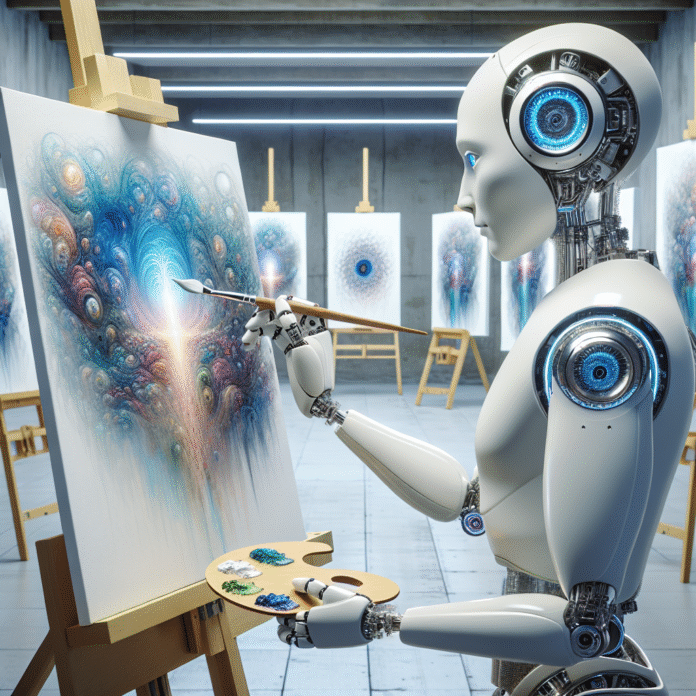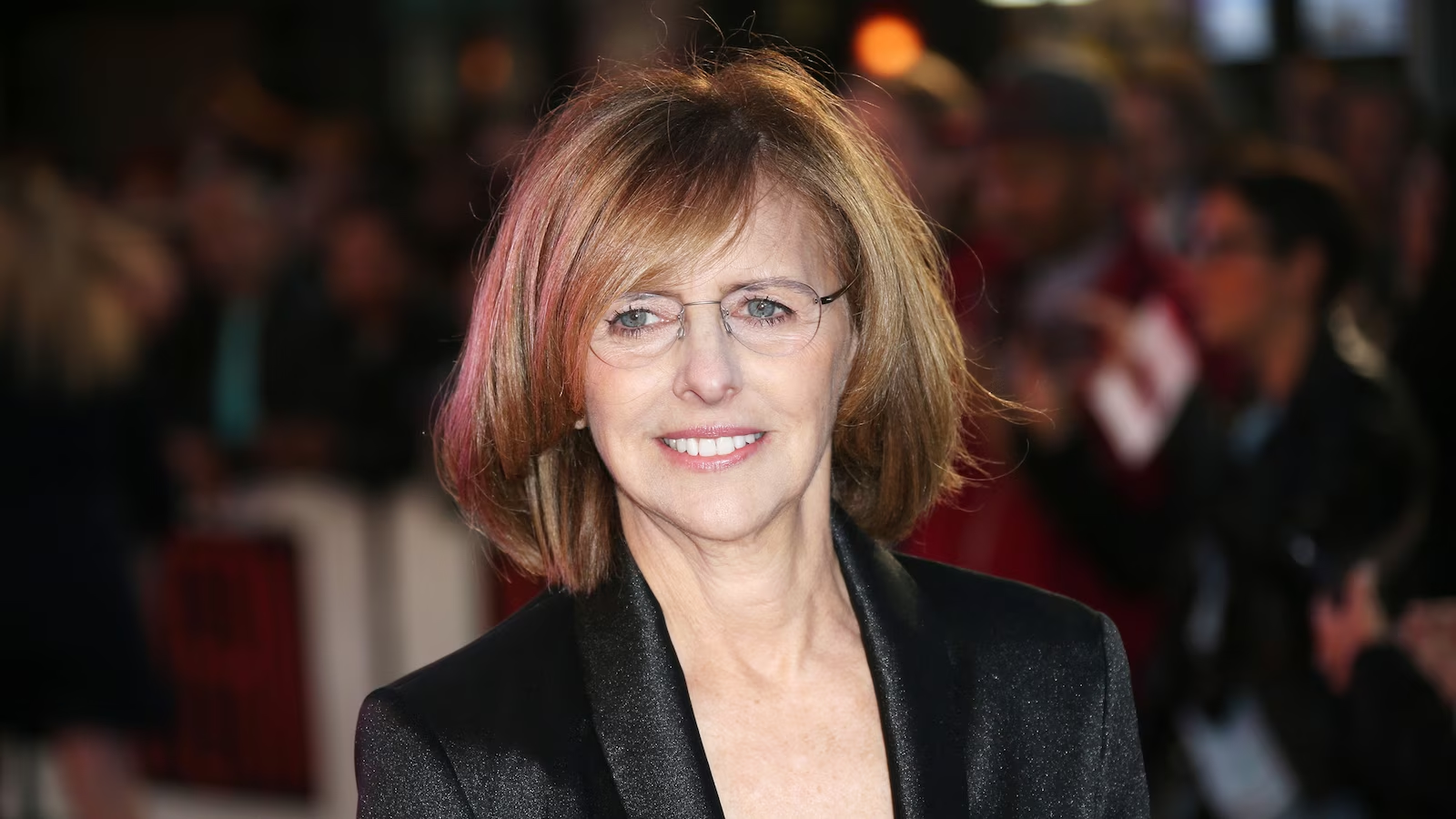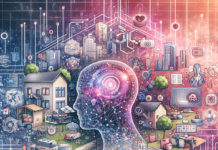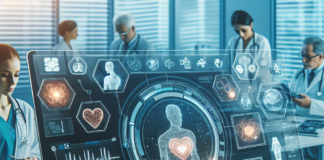AI and Creativity: Are Machines the New Artists?
In recent years, the intersection of artificial intelligence (AI) and creativity has generated significant discussion. As AI technology continues to evolve, it raises the question: can machines truly be considered artists? This article delves into the capabilities of AI in creative fields and the implications of its presence.
Understanding AI in Creative Domains
Artificial intelligence has made impressive strides in various creative domains, from visual arts to music and writing. AI algorithms can analyze vast datasets, learn from existing works, and generate new pieces that mimic recognizable styles. For instance, AI programs like DeepArt and OpenAI’s DALL-E have gained notoriety for creating visually stunning images based on user prompts. Similarly, platforms like AIVA can compose original music that evokes human emotions.
The Process of AI Creation
AI systems often utilize neural networks and machine learning techniques, training on datasets containing thousands of examples from various artists. Through this training, AI learns patterns, styles, and structures that characterize different forms of art. Once sufficiently trained, it can produce original content that reflects the learned styles, leading many to debate whether this constitutes true creativity.
The Debate: Can AI Be Creative?
Critics argue that creativity involves emotional depth, personal experience, and a human touch—elements that machines lack. While AI can produce art, it does not possess feelings or a personal narrative. Proponents, however, suggest that creativity can be understood in broader terms, where the act of creating can be performed by non-human entities, provided they generate something novel and valuable.
The Role of Artists in an AI-Driven World
As AI systems grow in capability, the role of human artists may evolve rather than diminish. Many artists are beginning to embrace AI as a collaborative tool, using it to enhance their work rather than replace it. By integrating AI into their creative processes, artists can explore new styles and ideas, pushing the boundaries of traditional art forms.
Ethical Considerations
The rise of AI in creative sectors also brings forth ethical dilemmas. Questions about ownership and copyright arise when evaluating AI-generated content. If a machine creates a masterpiece, who owns the rights? Is it the programmer, the user prompting the AI, or the machine itself?
Conclusion
Ultimately, whether AI can be considered an artist is subjective and largely dependent on personal interpretations of creativity. While machines are indeed capable of producing stunning pieces of art, the human experience, emotions, and narrative behind creativity remain irreplaceable attributes. As we navigate this evolving landscape, embracing AI as a tool rather than a replacement may pave the way for innovative artistic expression.






